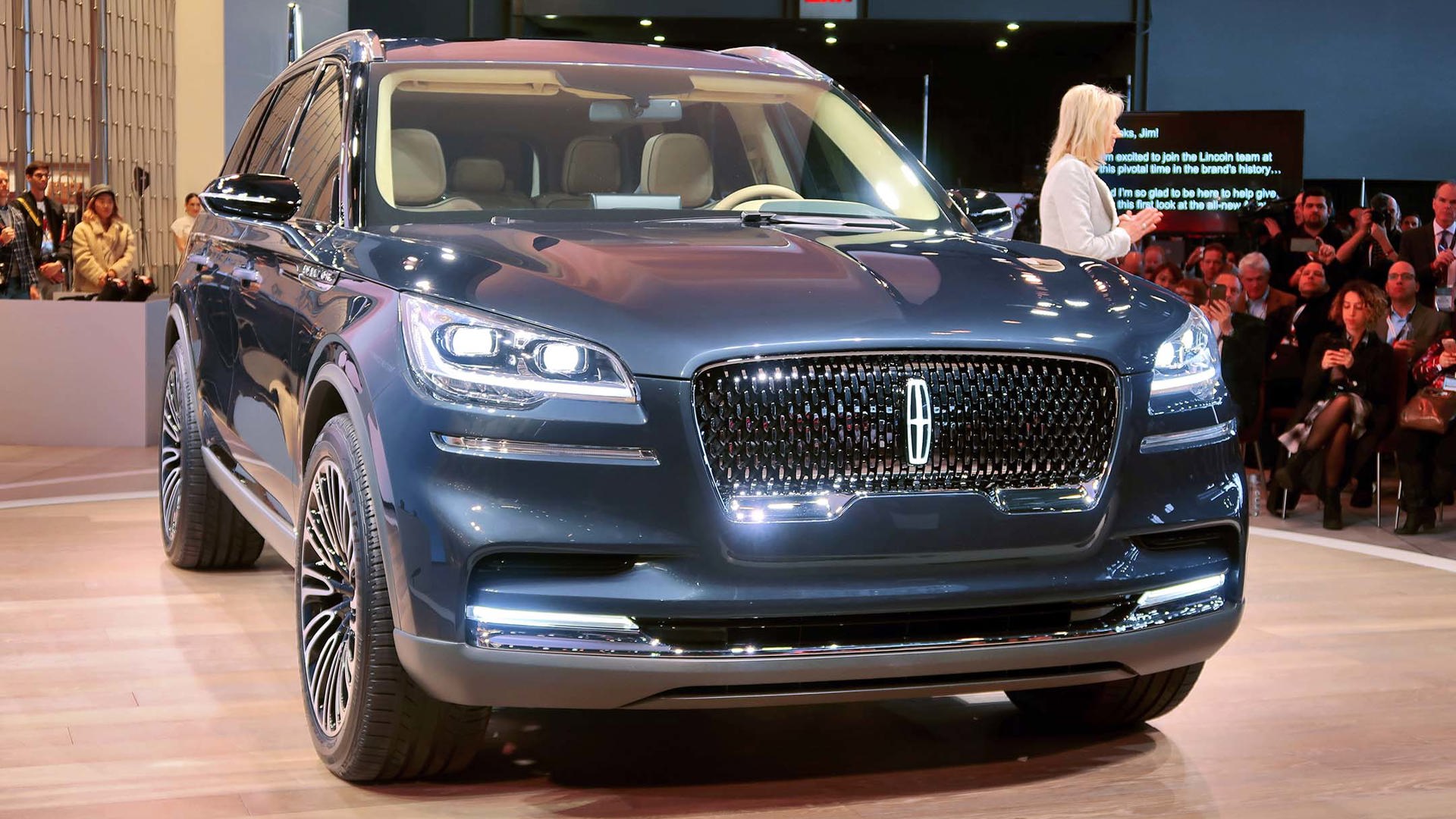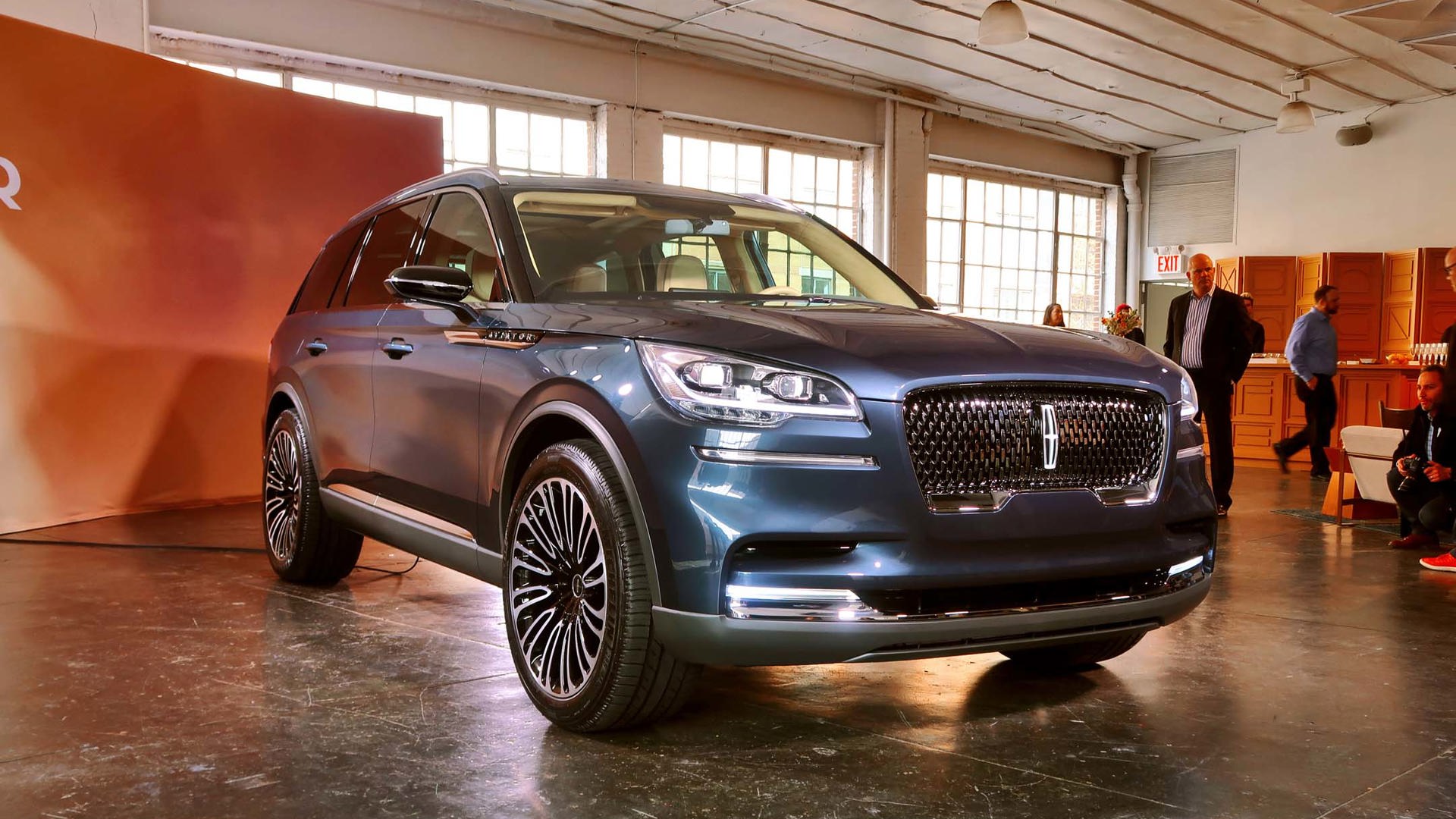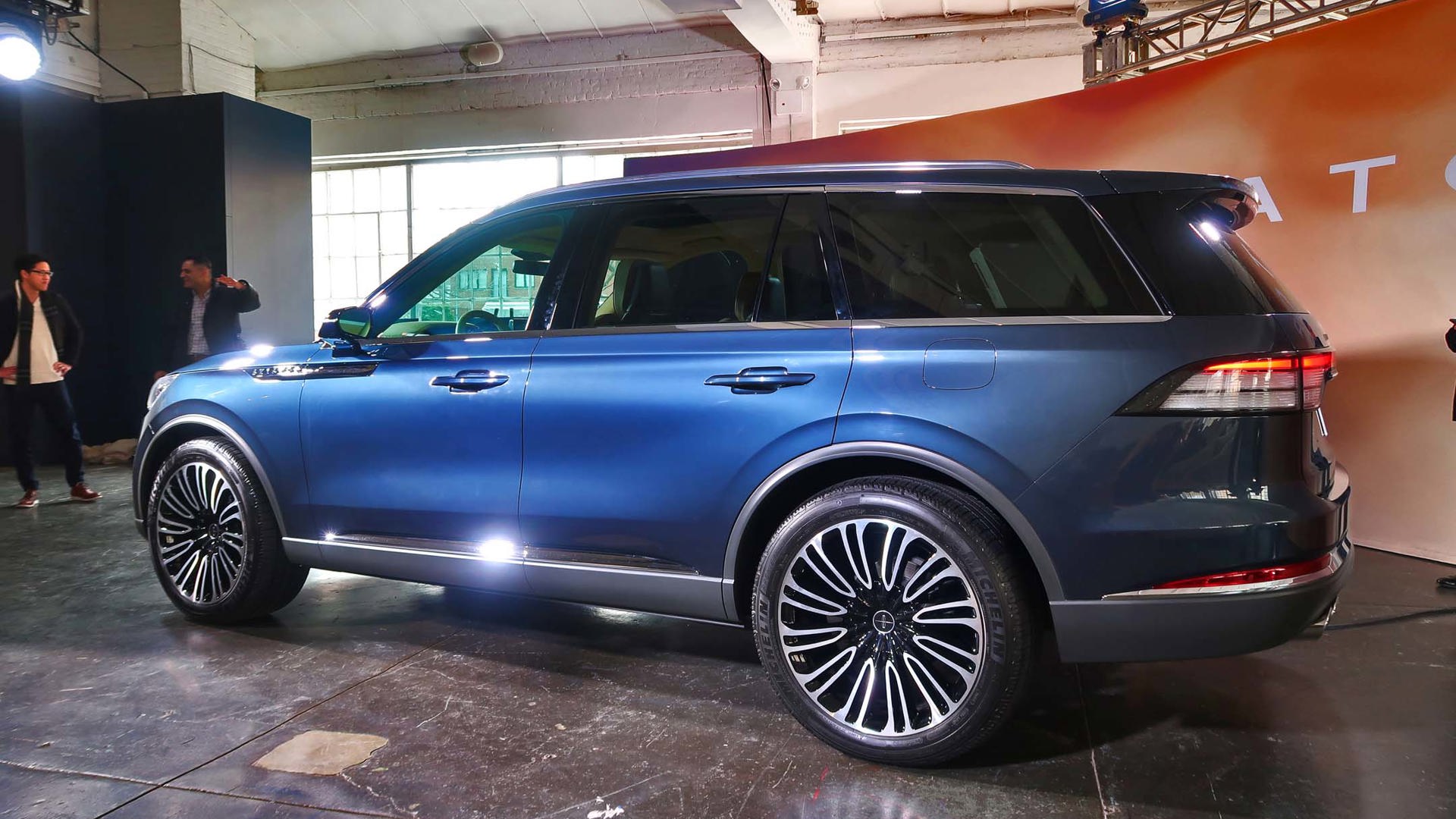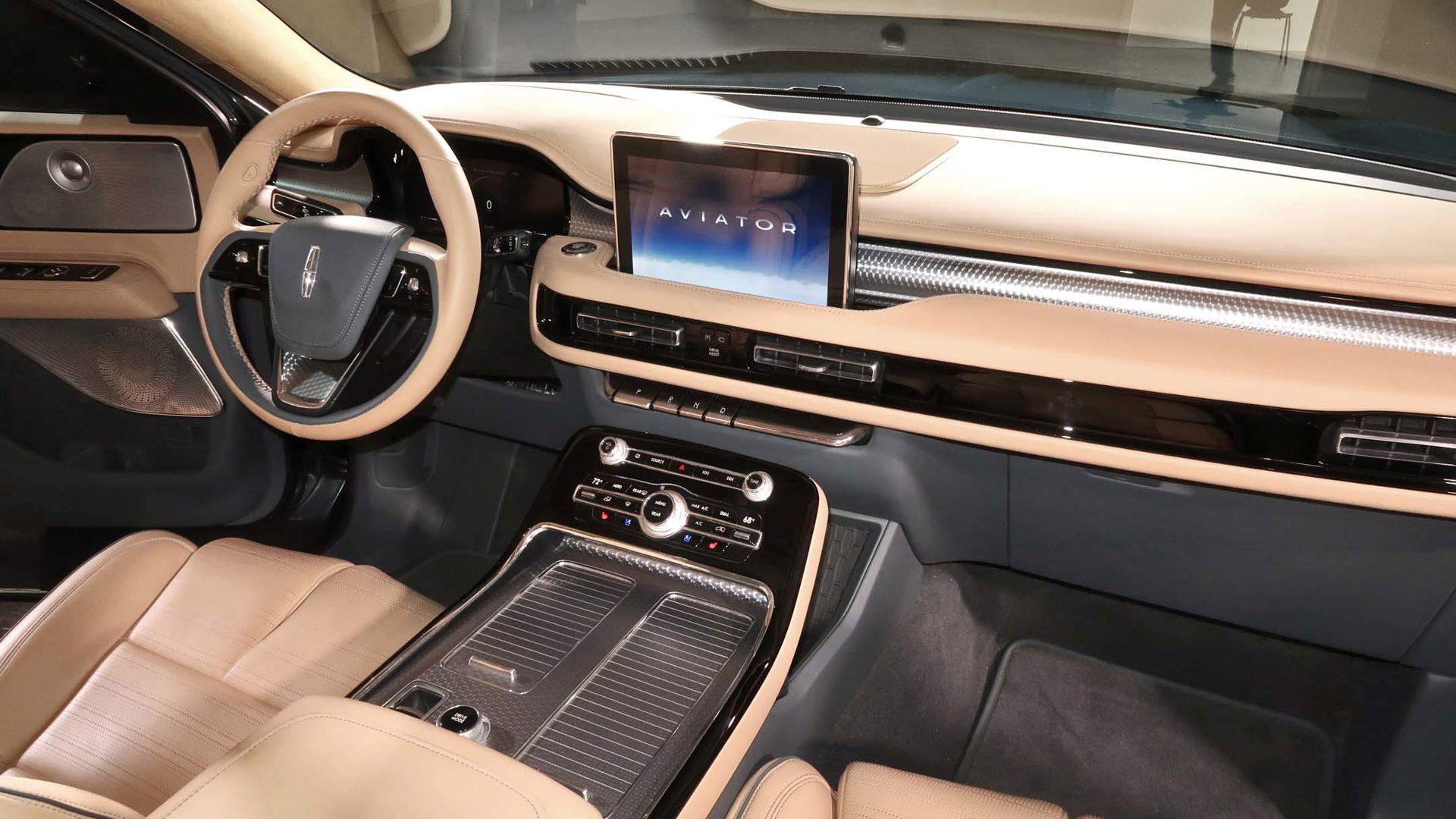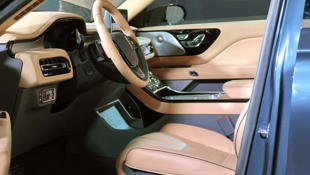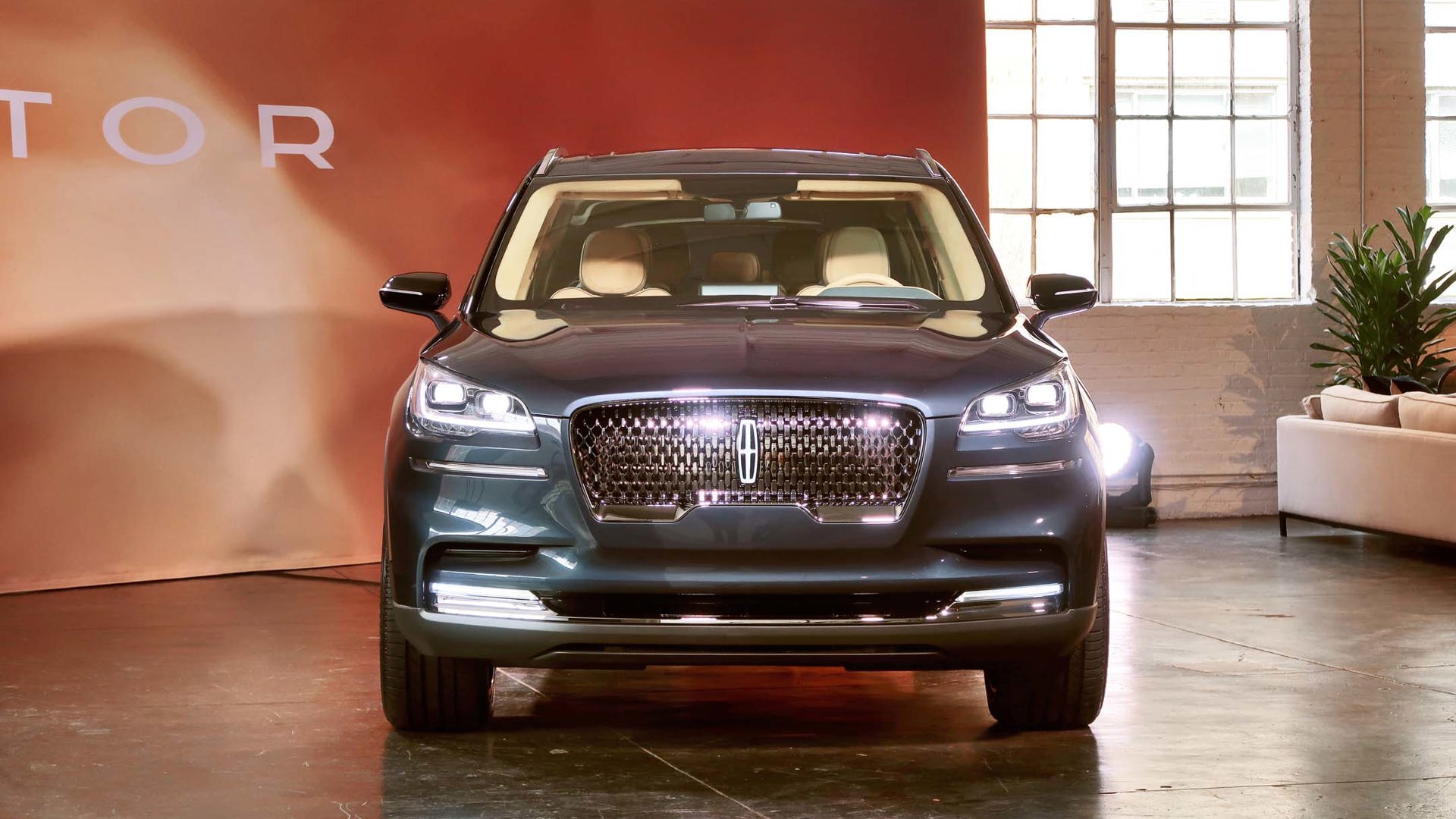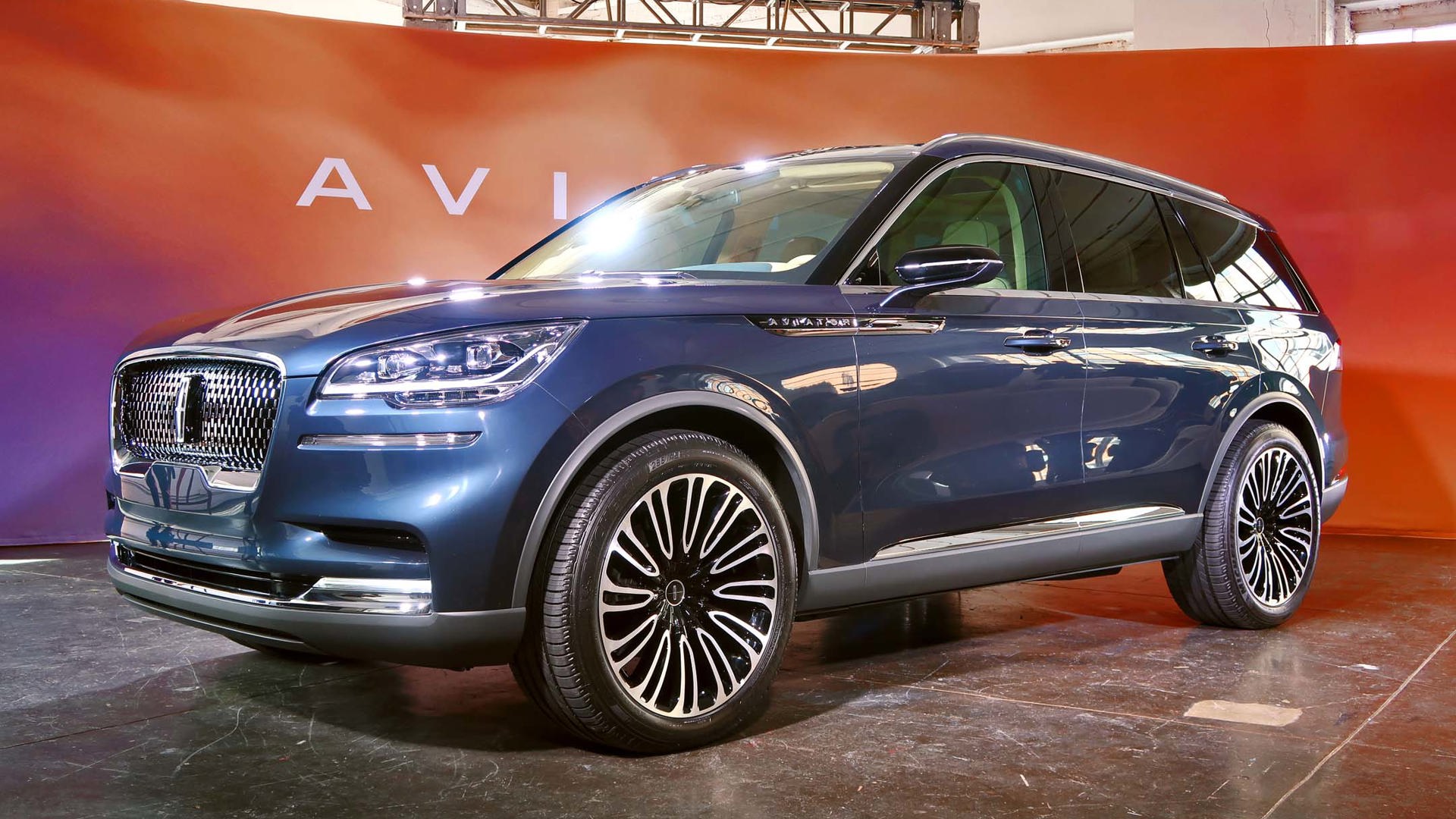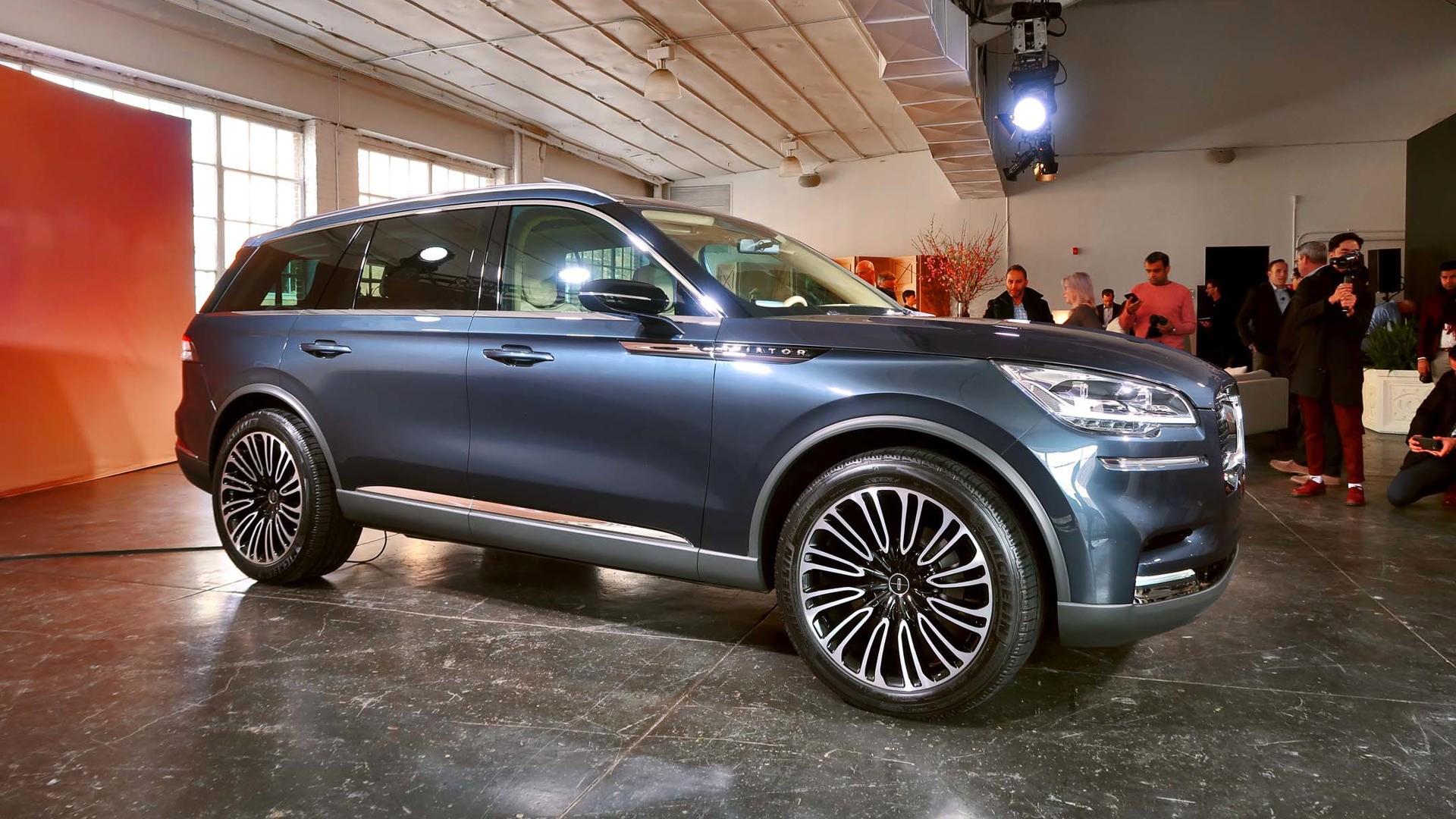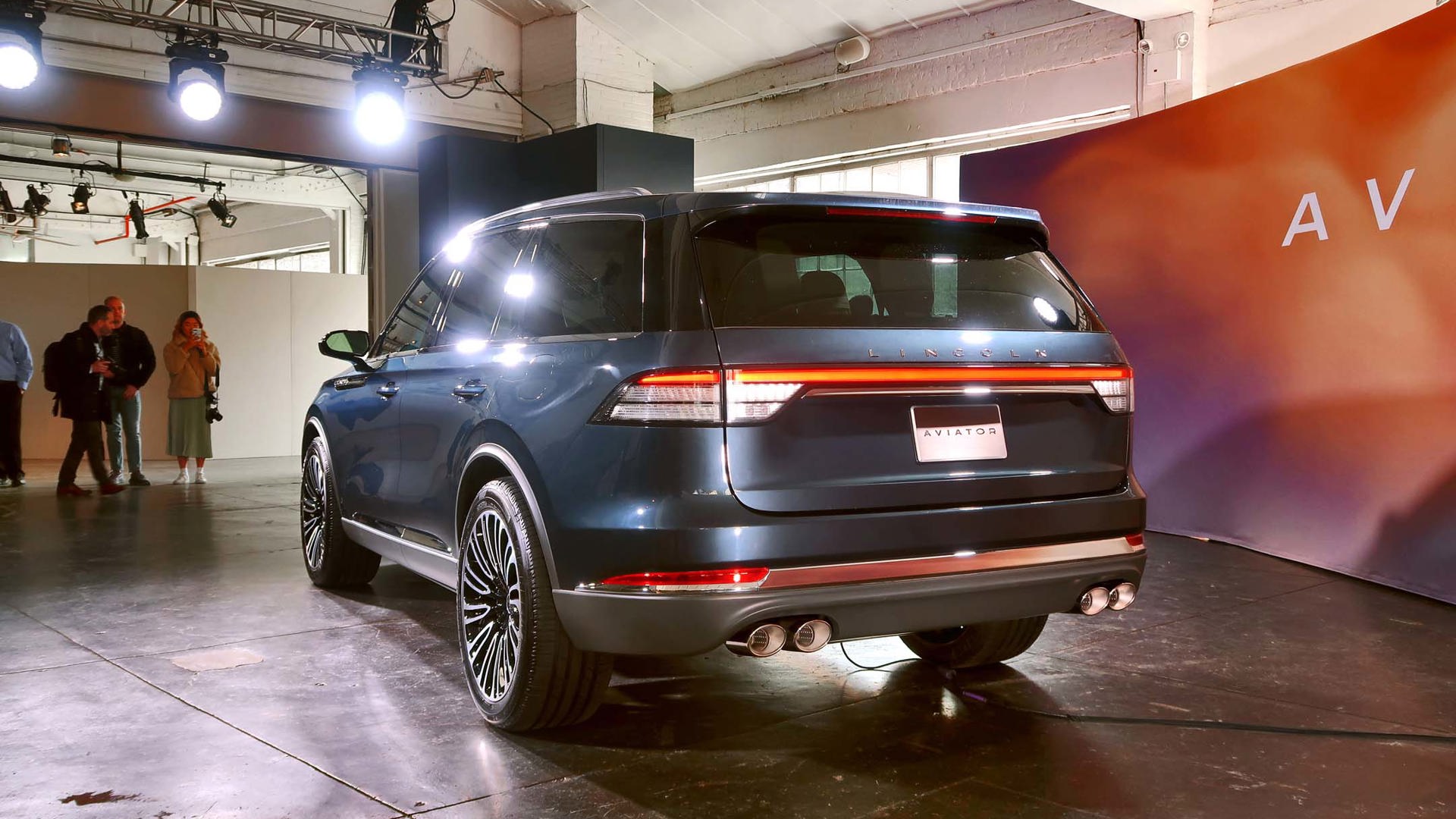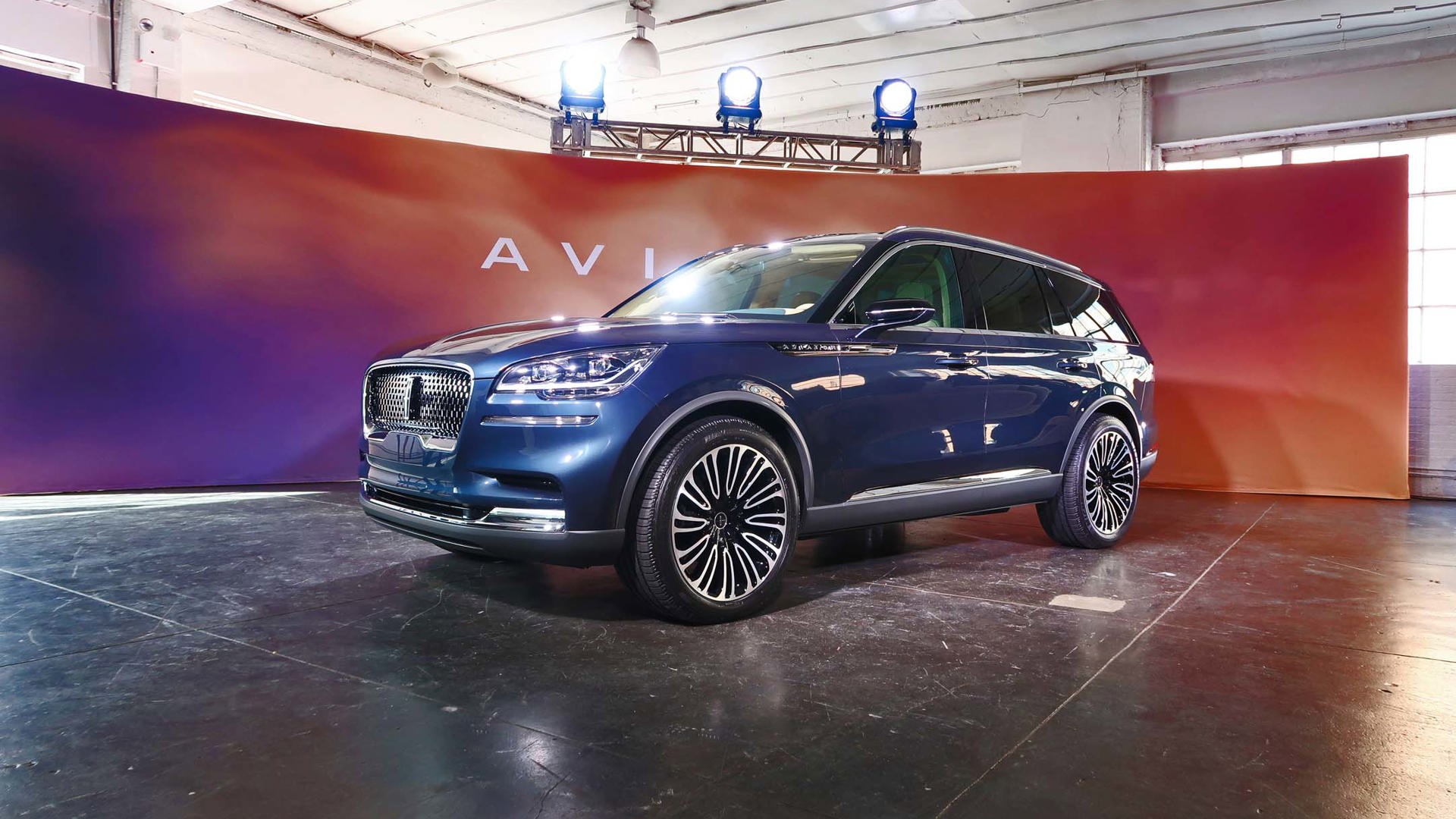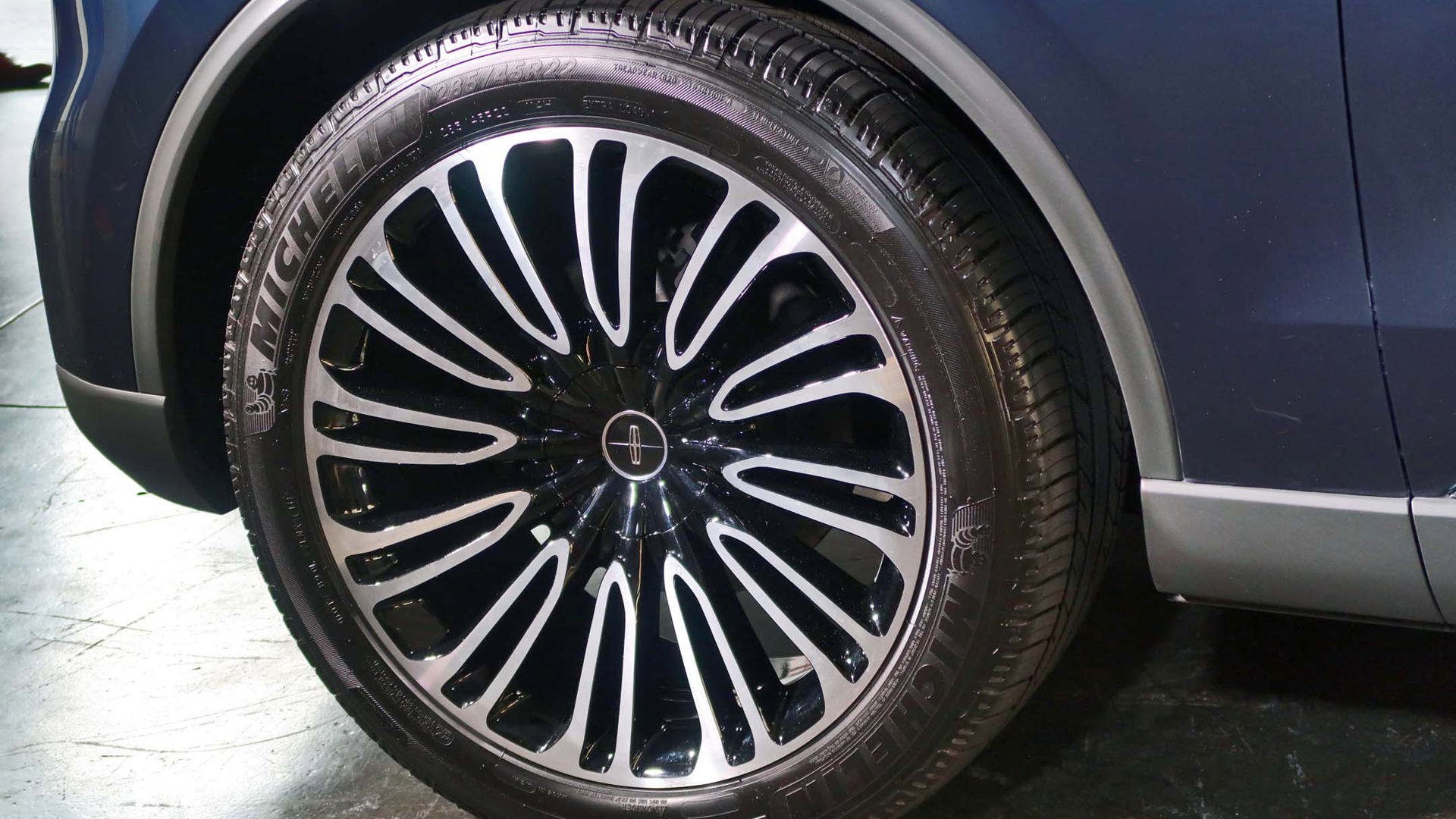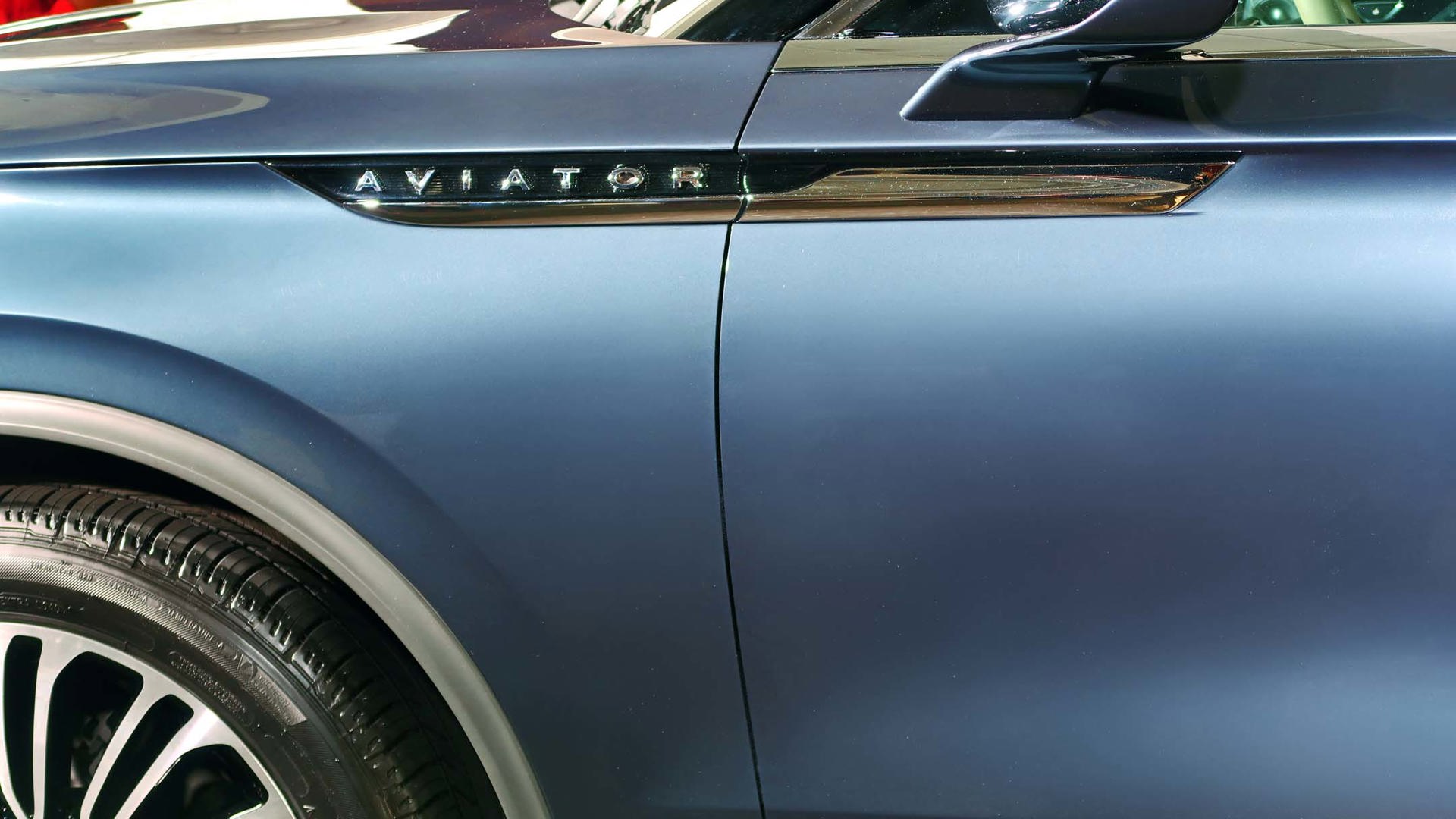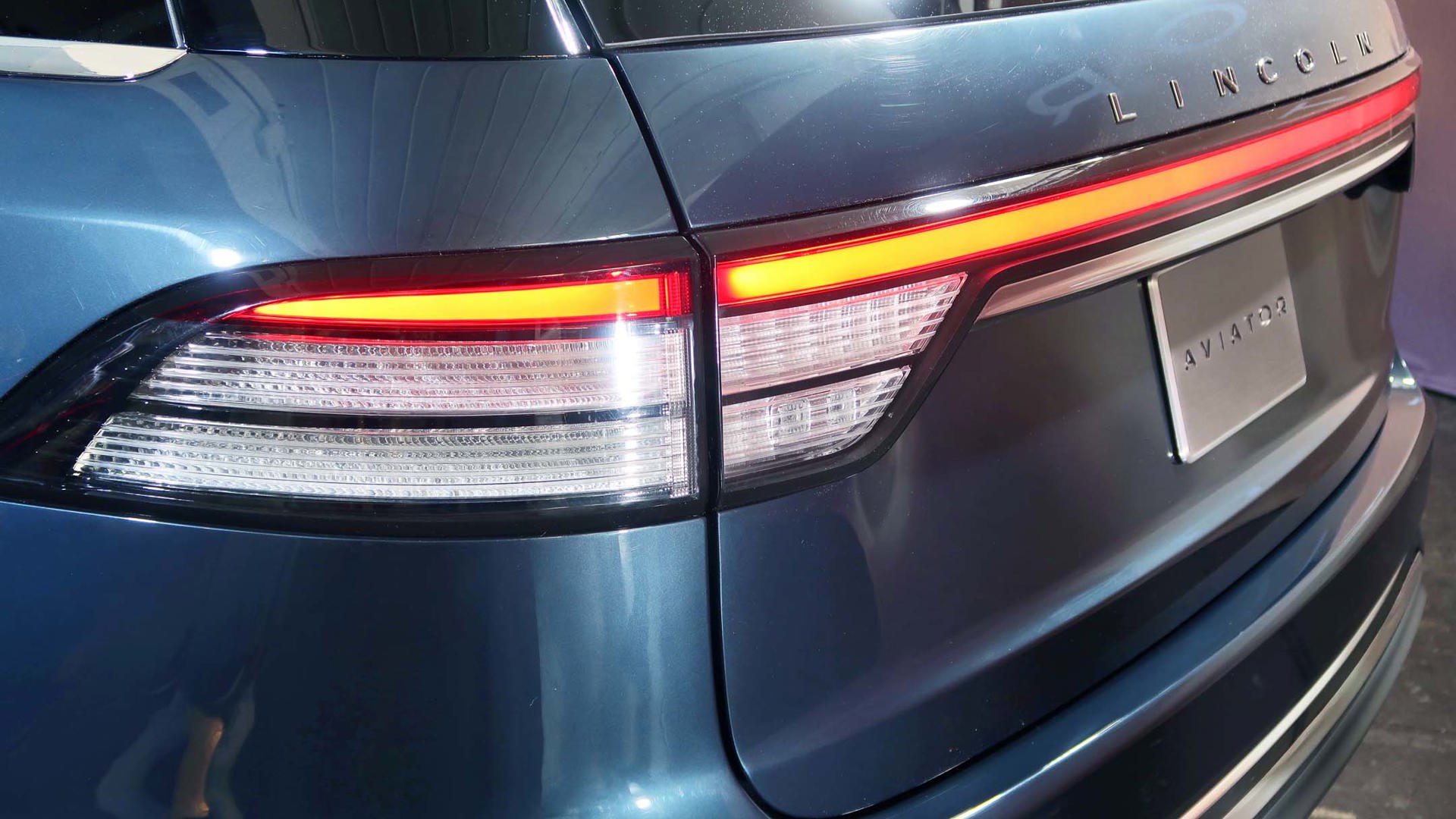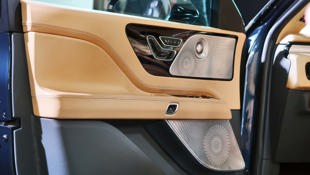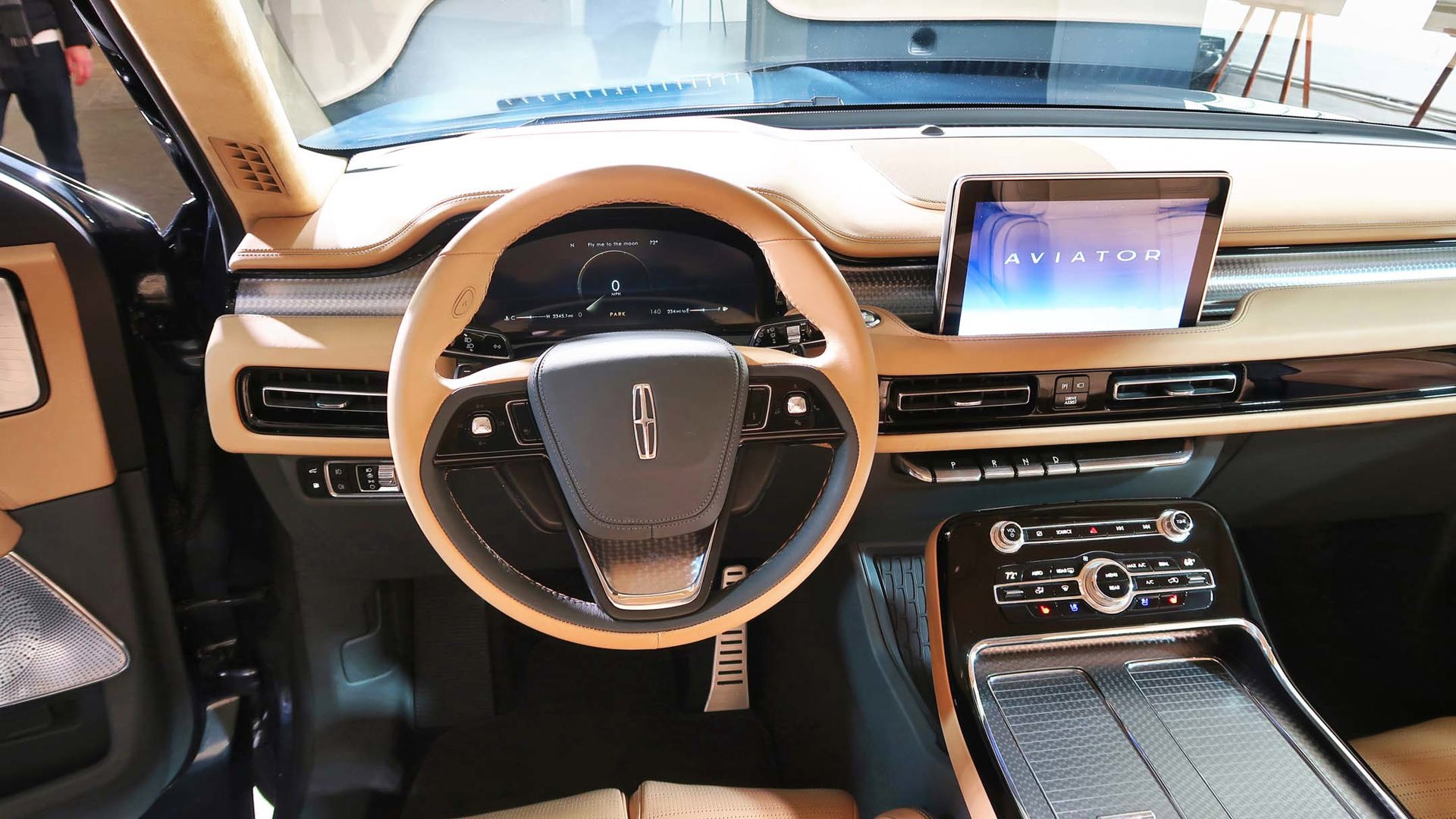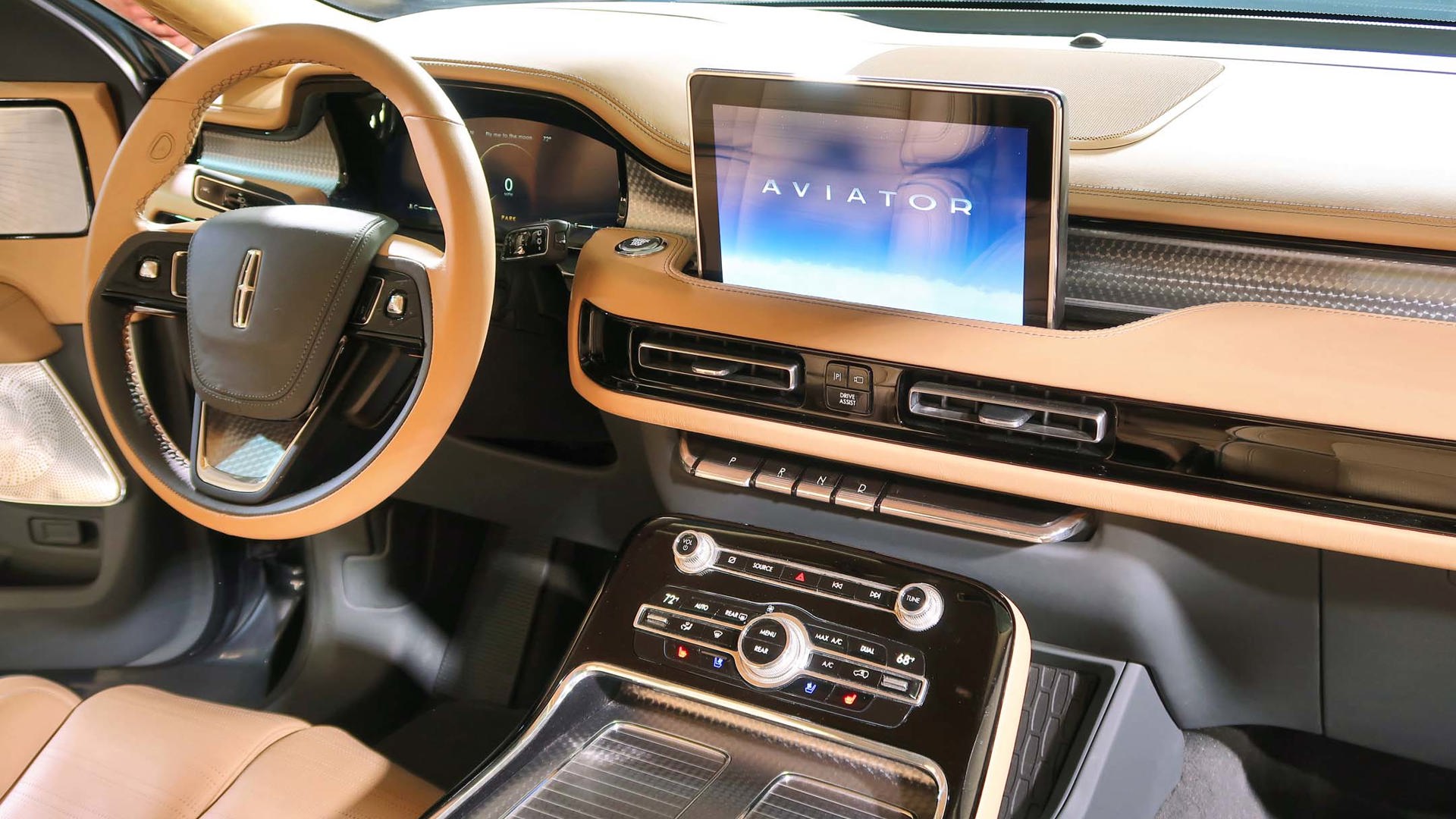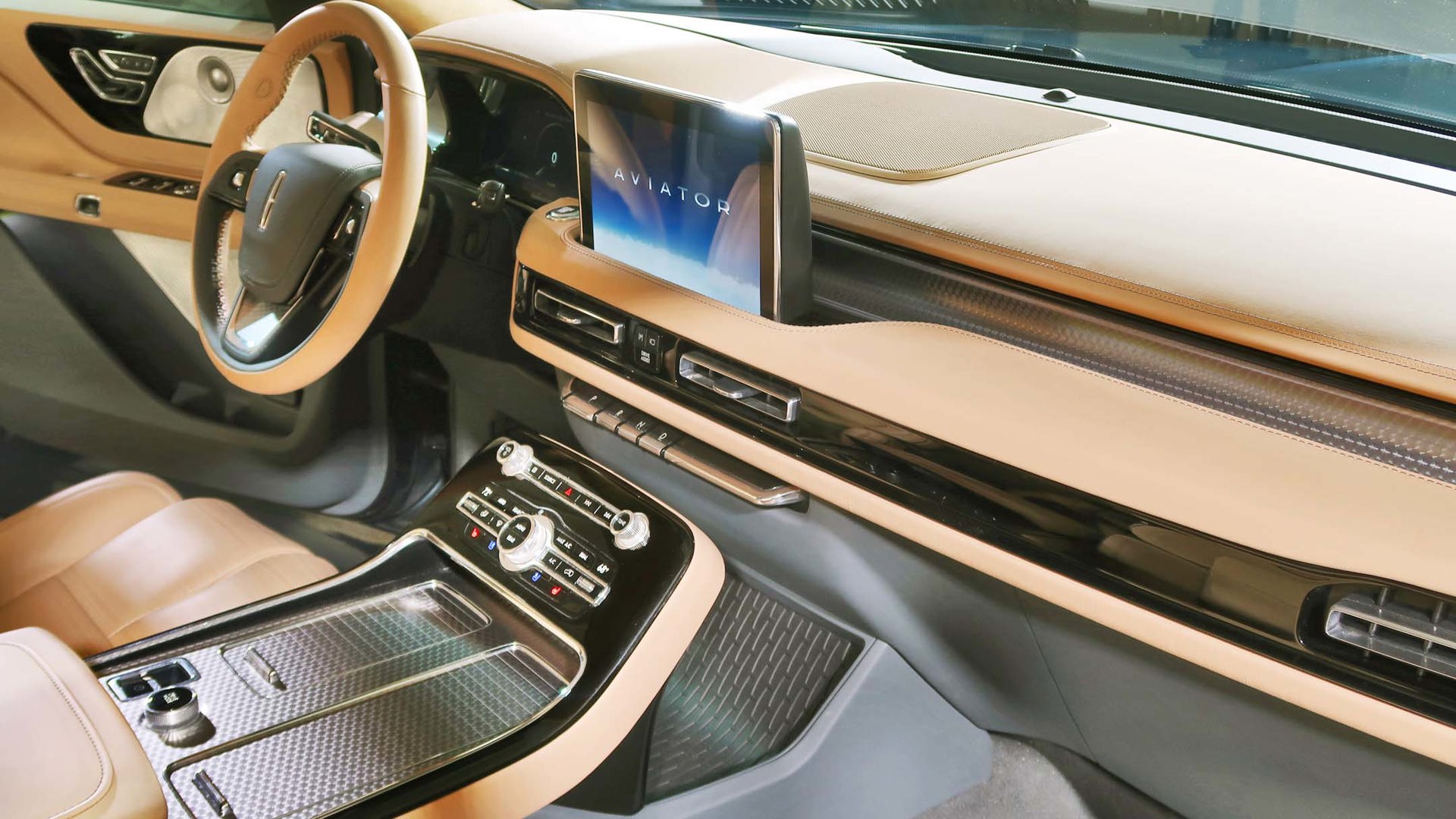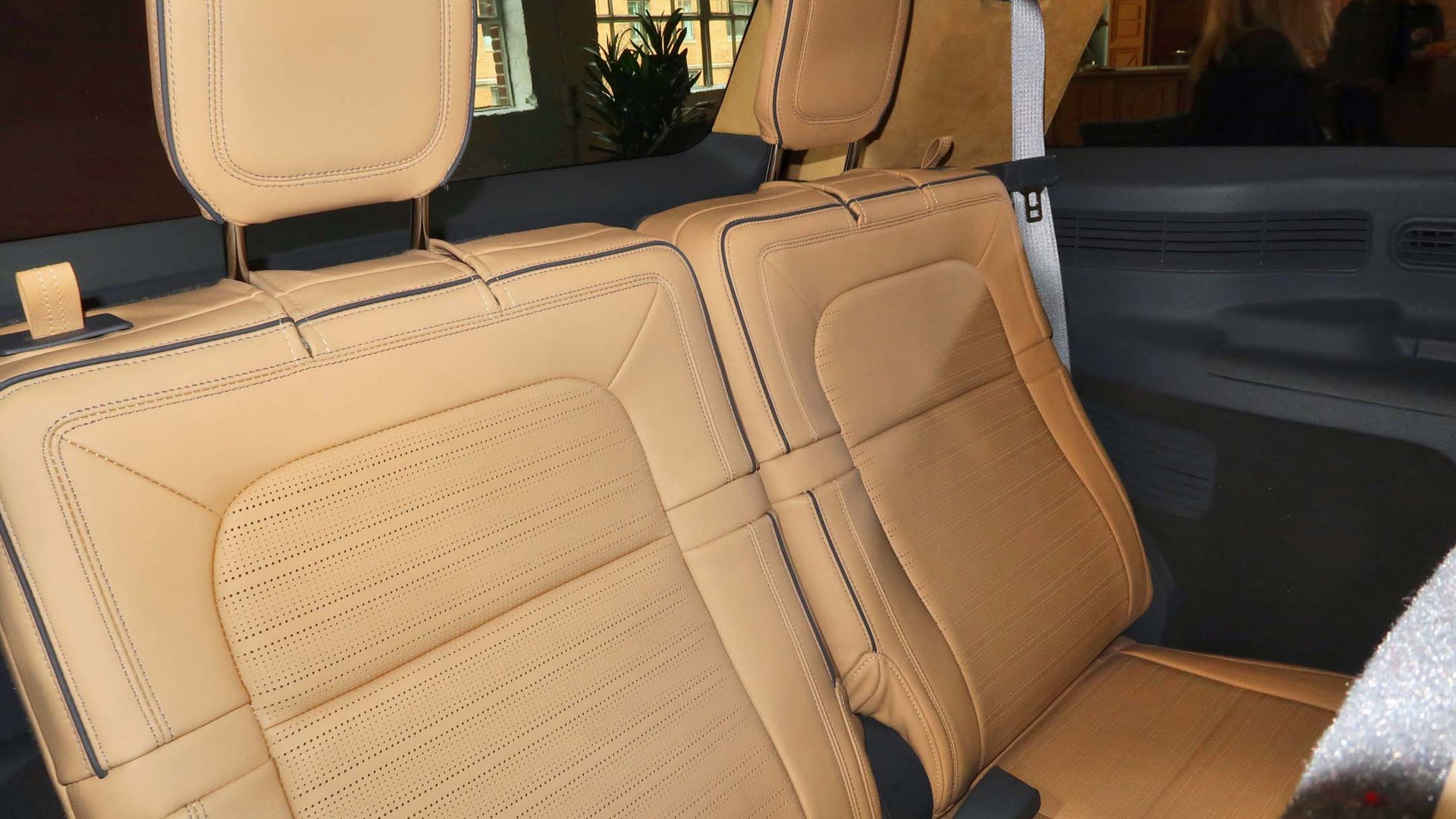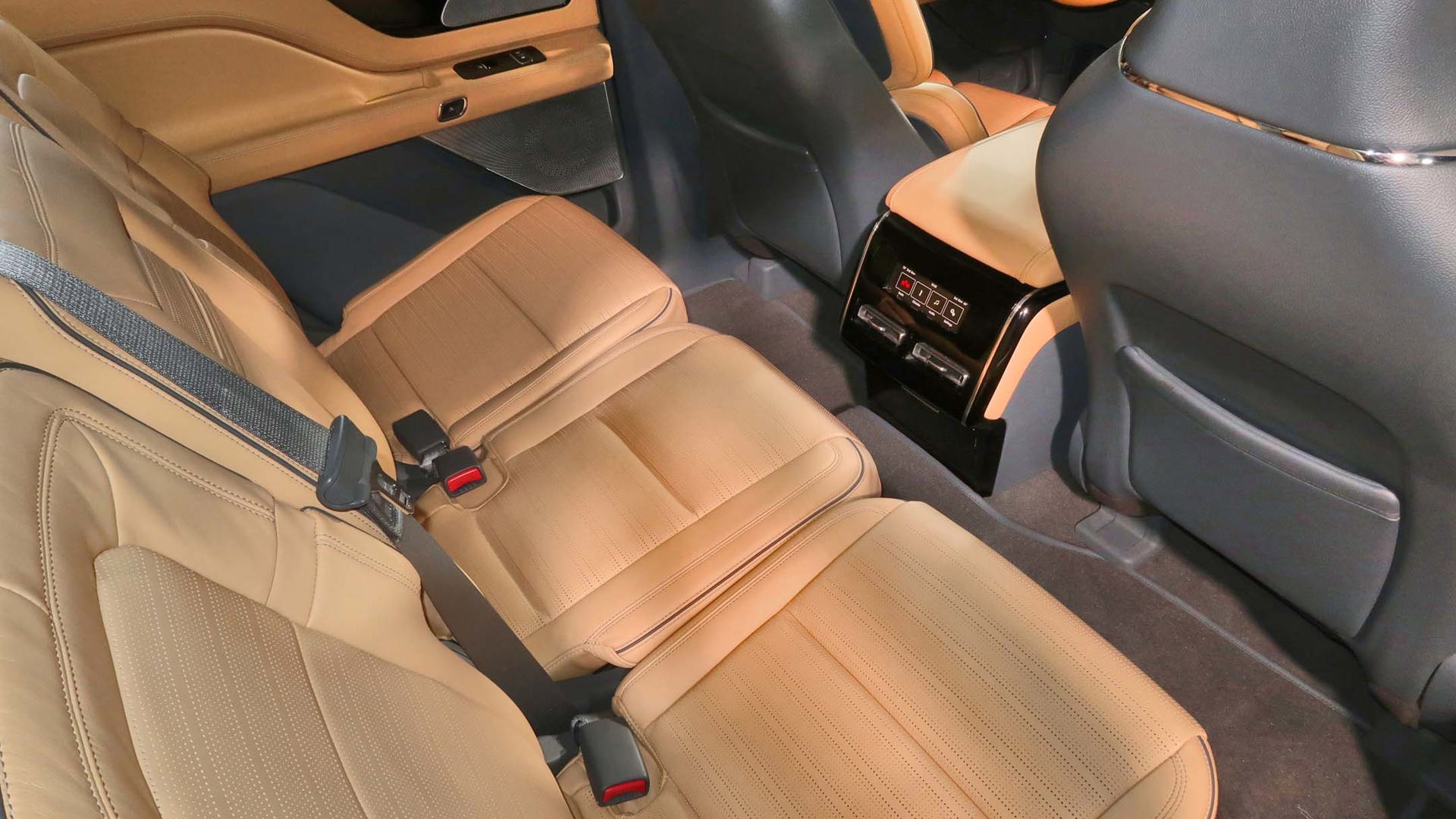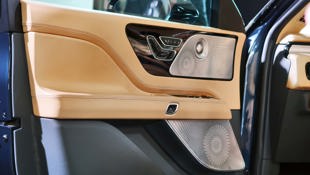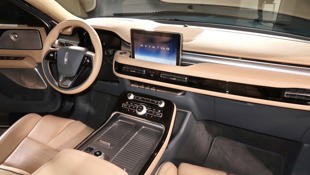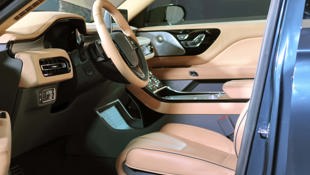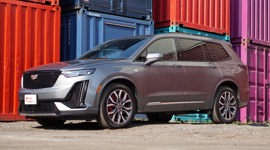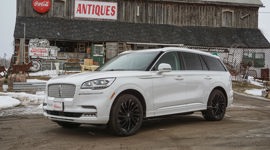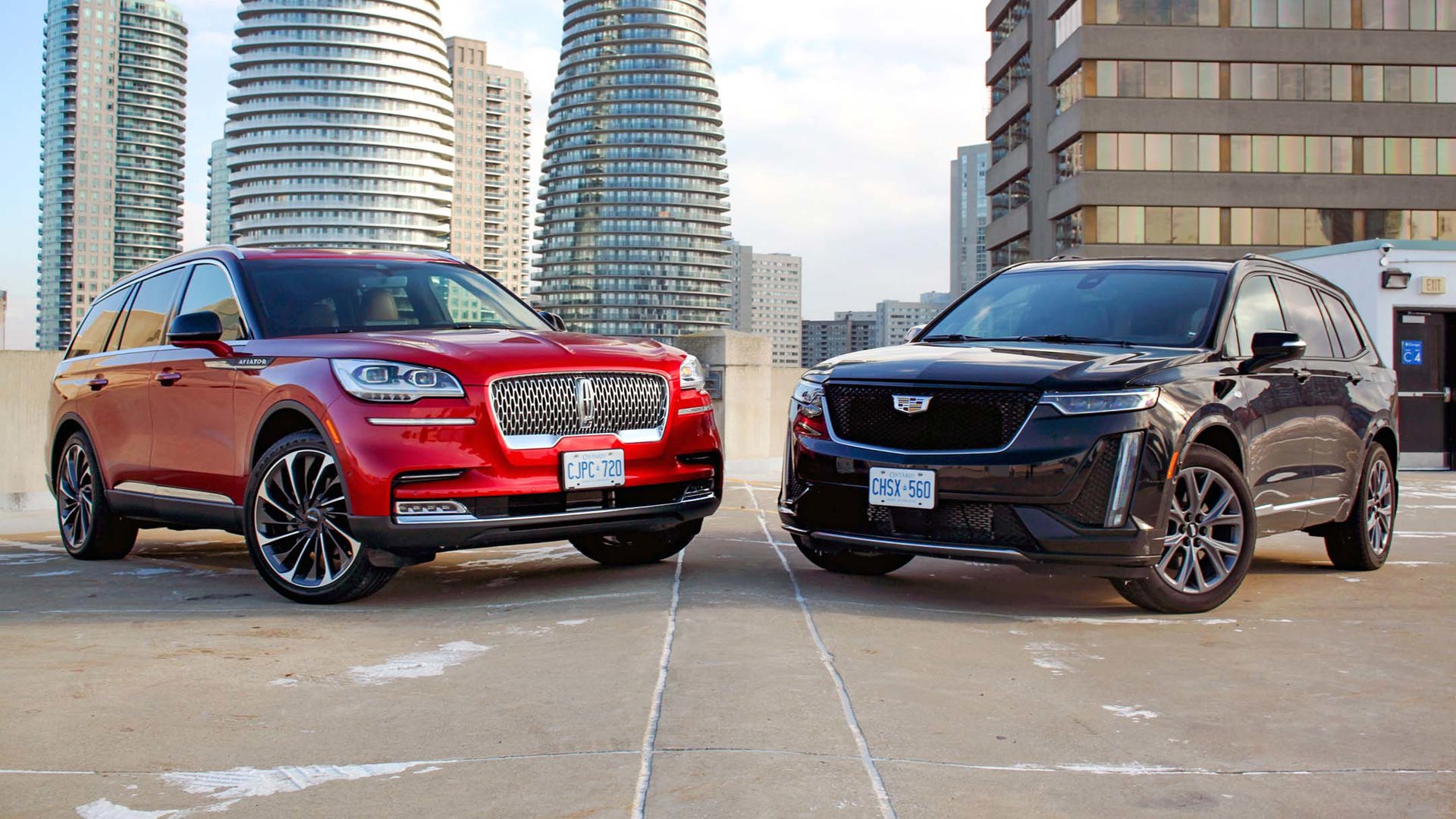NEW YORK – Lincoln has revealed the Aviator, its all-new three-row sport-utility vehicle, at a media event prior to the 2018 New York International Auto Show.
Is there really space for three luxury Lincoln SUVs – Navigator, Aviator, and Nautilus – in our market?
The new model contains a few firsts for the automaker, including pothole detection and a cellphone key, and will be available as a plug-in hybrid.
The Aviator is one of two new SUVs that Lincoln will launch by 2020, along with the upcoming Nautilus, which will replace the current MKX. It’s expected that the Aviator will go on sale sometime in 2019.
Full details won’t be revealed until closer to the market launch, but Lincoln confirmed it will offer the Aviator plug-in hybrid (PHEV) alongside a conventional version. Both will use the same twin-turbocharged gasoline engine – size and power still a secret – with the PHEV adding an electric motor.
While mainstream PHEVs are usually advertised for their fuel-saving capabilities, Lincoln is stressing the Aviator PHEV as more of a performance model, with the electric motor adding a boost of power to the gasoline engine. As with other plug-in hybrids, it will be able to travel on electricity alone after it’s been charged by plugging in, and when that depletes, will continue to operate as a regular hybrid that switches between gasoline and electricity.
All Aviator models will come standard with three rows of seats for seven-passenger seating, and the company says that tall adults will be comfortable in the third row. Driveline configuration is rear- or all-wheel drive, although it’s not confirmed yet if Canada will get both, or just AWD-only models.
The pothole detection feature uses a forward-facing camera that scans the road ahead. When it detects a pothole or other rough surface, the suspension automatically adjusts, in milliseconds, to smooth out the ride.
The Aviator will also have Lincoln Co-Pilot360 driver-assist features, including lane-keeping assist, automatic high-beam headlamps, rear-view camera, and emergency braking both when driving forward or when backing up.
It will be Lincoln’s first model with Phone as a Key smartphone technology. In addition to the regular key fob, similar functions will be accessible through an app. Owners will be able to lock and unlock the doors, open the liftgate, start the vehicle, and “precondition” it with climate control and heated seats from a phone. A valet key option will allow other phones to gain temporary access as required.
As a back-up in case the phone runs out of battery, the Aviator includes a keypad on the door, hidden until required, that can be used to unlock the vehicle with a code, and the vehicle can be started through the infotainment screen. If the phone is lost, the app can be remotely disabled.
Inside, the Aviator will offer a 10-inch centre touchscreen, next-generation head-up display, push-button shifter, wireless phone charging, in-vehicle Wi-Fi hotspot, thirty-way-adjustable massaging seats, and second-row seats with fore-and-aft adjustment, as well as one-button operation for access to the third row.
The Aviator was also the name of a short-lived SUV, based on the Ford Explorer, that was sold from 2003 to 2005. Although the original model didn’t have staying power, it makes sense to bring back the name, according to Robert Parker, Lincoln’s global director of marketing and sales. “The awareness was there from the old Aviator,” Parker says. “We’re not starting with a blank canvas here. The name is largely positive with people, and we think it’s an advantage.”
As with other Lincoln vehicles, the Aviator will include pickup and delivery from home or office when maintenance is required. The company says it has provided the service 100,000 times in the US since it was launched last September, and it was recently introduced to Canada.
The company plans to eventually add some form of electrification to all of its vehicles. That’s due to tightening emissions standards not just in North America but in China, a market Lincoln entered three years ago.
So is there really space for three luxury Lincoln SUVs – Navigator, Aviator, and Nautilus – in our market? There might well be, given that sport-utes account for one-quarter of all luxury vehicle sales in Canada, according to the company. Earlier this year, in response to its sales, Ford announced that it will produce fewer passenger cars in North America and Europe, while increasing its mixture of SUVs.
Full specifications, trim levels, and prices will be available closer to the Aviator’s launch.

